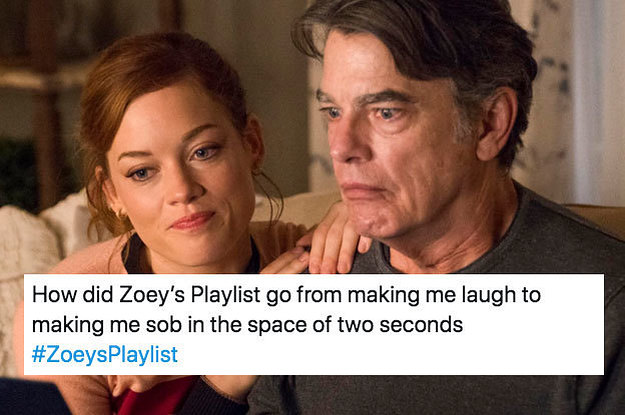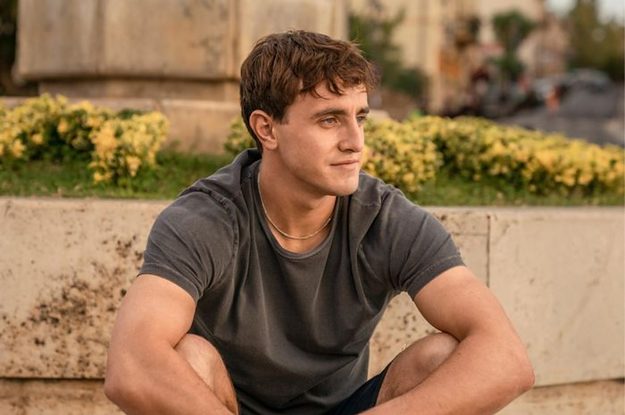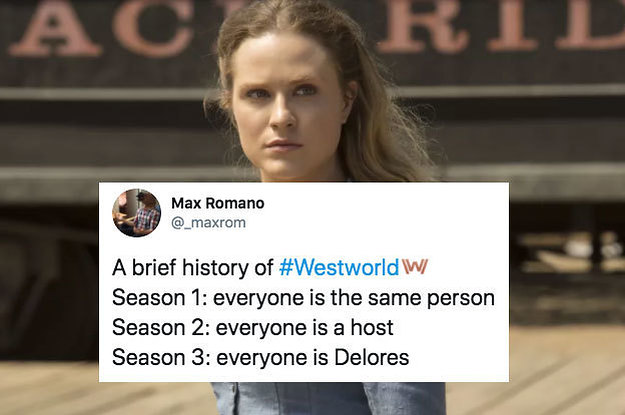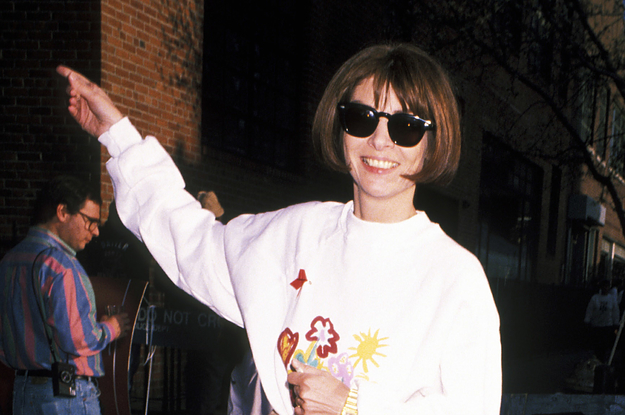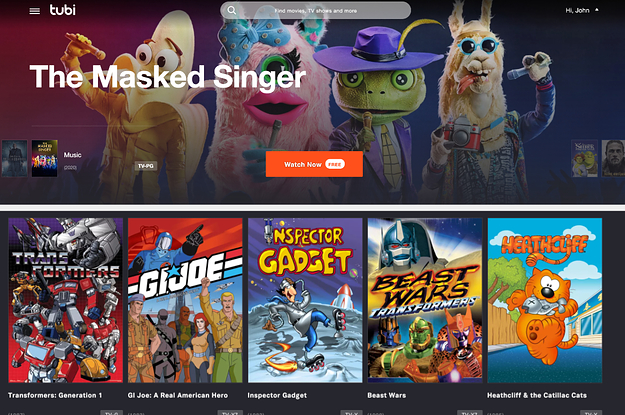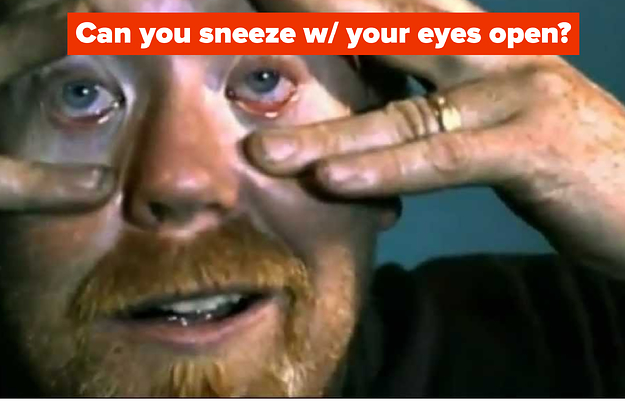Category: News
Category Added in a WPeMatico Campaign
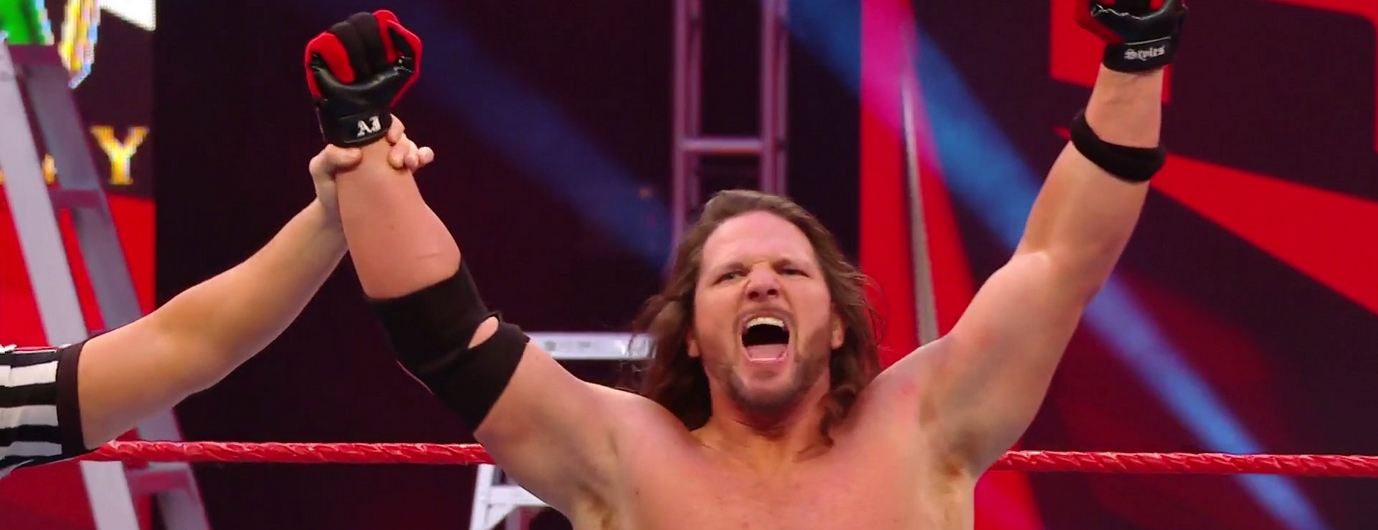
Here are your quick and dirty, editorial-free WWE Raw results for May 4, 2020. This week’s episode featured a “last chance” gauntlet match for a spot in the men’s Money in the Bank ladder match, Drew McIntyre taking on Seth Rollins’ disciple Murphy, and more. Make sure you’re here tomorrow for the complete Best and Worst of Raw column.
WWE Raw Results:
– The episode opened with MVP interviewing Asuka, Nia Jax, and Shayna Baszler on the VIP Lounge. The three women traded insults until Baszler and Asuka decided to team up and kick Jax out of the ring.
This is the strangest episode of Maury I’ve ever seen…#RAW #WZChat #BRabbit
— Lovell Porter (@AboveAverageLLP) May 5, 2020
1. AJ Styles won a Last Chance Gauntlet Match for Apollo Crews’ Money in the Bank ladder match spot. The falls were as follows:
- Bobby Lashley defeated Titus O’Neil with a spear.
- Lashley defeated Shelton Benjamin with a spear.
- Humberto Carrillo defeated Lashley by disqualification when Lashley shoved the referee. Lashley took out his frustrations on Carrillo with a post-match attack.
- Carrillo defeated Angel Garza by countering the Wing Clipper into a sunset flip.
- Carrillo defeated Austin Theory by countering a superplex with an inside cradle.
- AJ Styles, returning from death, defeated Carrillo by submission with a Calf Crusher.
After the match, Styles continued to attack Carrillo, repeatedly smashing Carrillo’s leg into the ring post. He then cut a promo about how he’s going to rewrite history at Money in the Bank.
– Seth Rollins was interviewed about his match against Drew McIntyre at Money in the Bank.
– Edge and Randy Orton will be on next week’s show.
2. Brendan Vink and Shane Thorne defeated Ricochet and Cedric Alexander. Vink pinned Ricochet after a big boot.
3. The Viking Raiders defeated Raw Tag Team Champions The Street Profits with a Viking Experience on Angelo Dawkins.
– Aleister Black and Rey Mysterio had short backstage promos about Money in the Bank.
– Charlotte Flair came to the ring to talk, and was interrupted by Liv Morgan. They exchanged words, and Morgan challenged Flair to a match.
4. NXT Women’s Champion Charlotte Flair defeated Liv Morgan by submission with the Figure-Eight.
5. WWE Champion Drew McIntyre defeated Murphy with a Brogue Kick. After the match McIntyre challenged Seth Rollins to get in the ring and fight him. Rollins pretended to leave, then snuck up on McIntyre to hit him with a kick. Rollins tried to hit a Stomp, but McIntyre dodged and hit a headbutt. McIntyre attempted a Claymore, but Rollins bailed.
WHERE did @WWERollins even come from?! #WWERaw pic.twitter.com/OOHqXtodkt
— WWE Universe (@WWEUniverse) May 5, 2020
“A lot of people think that OCD is just about cleanliness — that’s actually so far from the truth.”
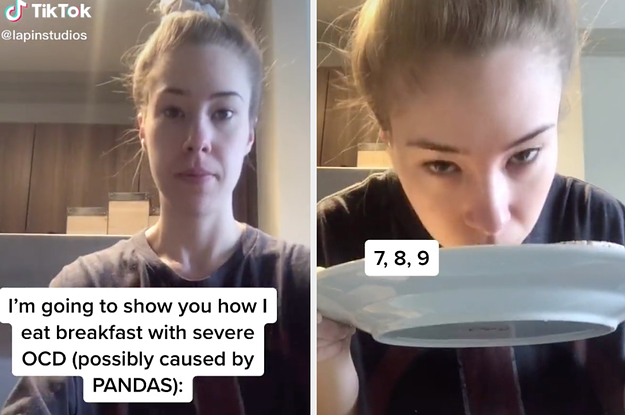

The world is facing unprecedented tragedy thanks to the coronavirus pandemic, with over 60,000 Americans dead and millions suddenly out of work, unsure about their futures. Meanwhile, Elon Musk is apparently still planning on going to space. But that’s not all: According to Deadline, Tesla’s CEO and chairman, who Forbes calculates is currently worth $38.7 billion, is teaming up with Tom Cruise to make a cinema first: a narrative movie filmed in outer space.
There are no details about the movie, beyond it being an action adventure and that it won’t be connected to any Cruise franchise. That means you won’t see Mission: Impossible daredevil Ethan Hunt in space, unless this changes. Nor is any studio currently involved. Deadline claims it’s all in the early stages, so it may not happen until life has been restored to something resembling order — perhaps after the eternally youthful Cruise has crossed the 60-year-old mark, when he may still be willing to put his life at risk to entertain us.
Musk has been working on revolutionizing space transportation with his company SpaceX, which alone is worth $20 billion, and it’s likely that only the rich and powerful will be able to afford cruising between the stars like some jet around the nation or planet. Cruise is definitely someone who could afford a SpaceX flight, but this, of course, would be one better. If so, it would — and this is true — be the first movie Cruise has made not only filmed but also set in outer space.
(Via Deadline)

